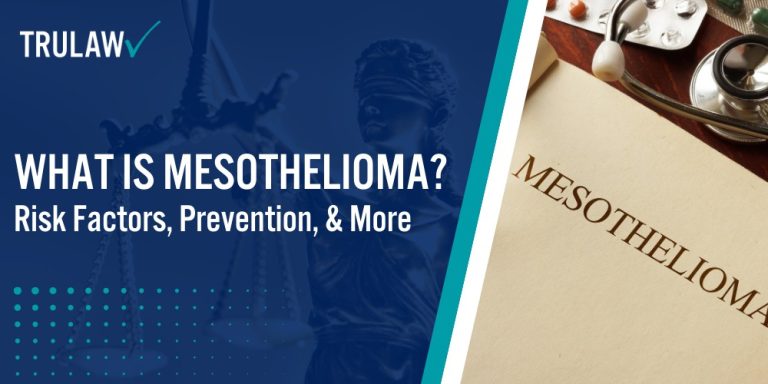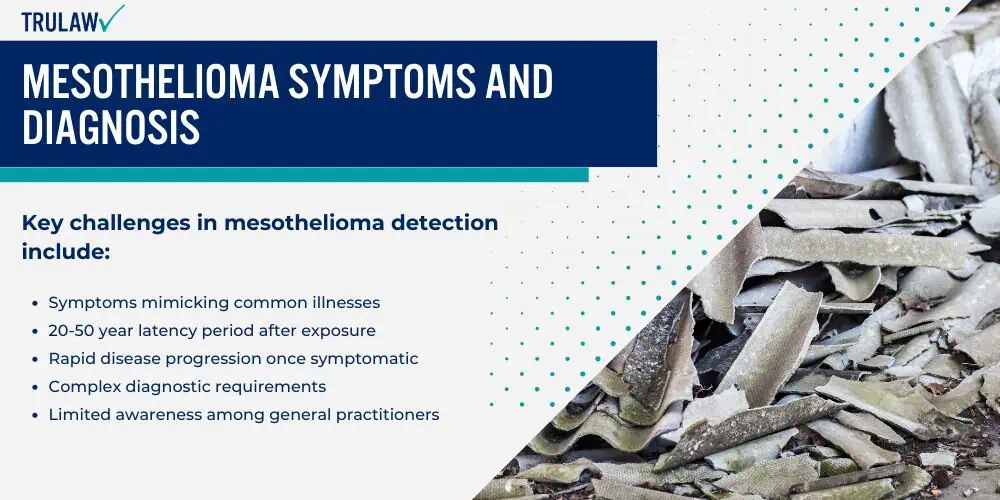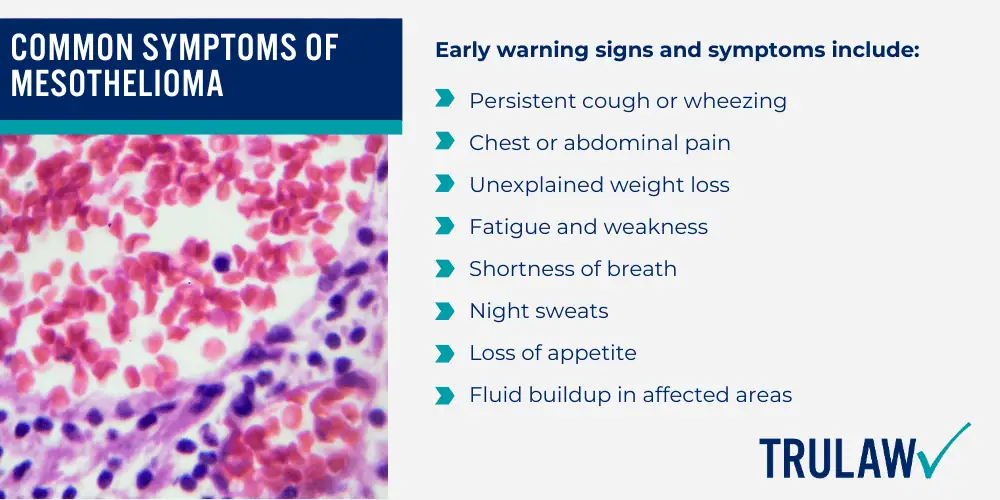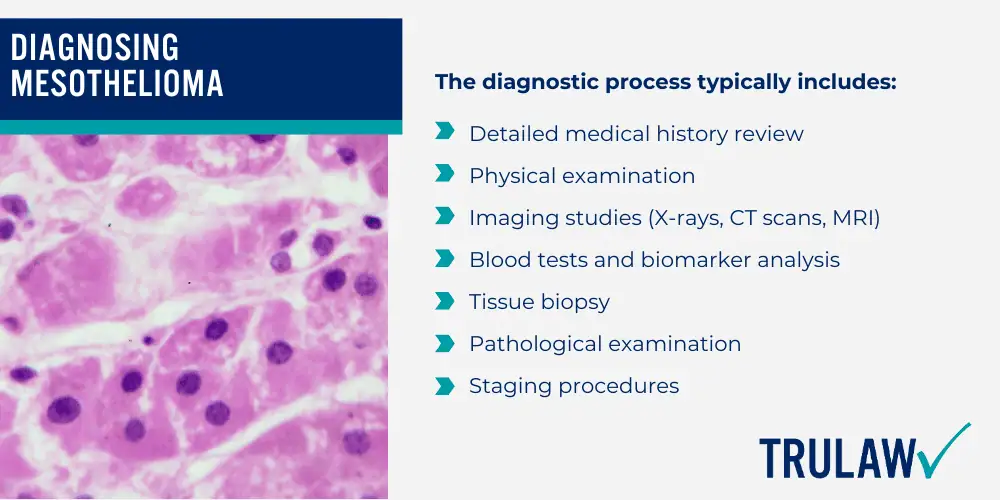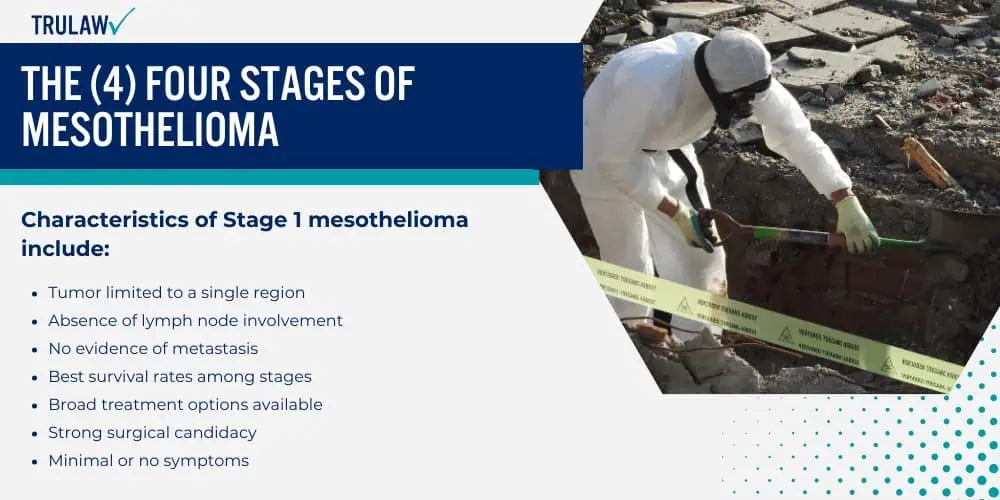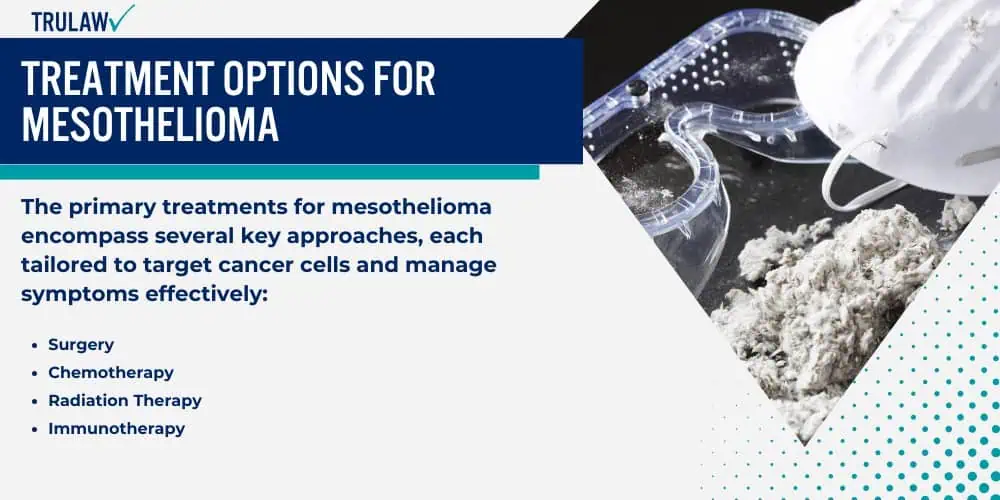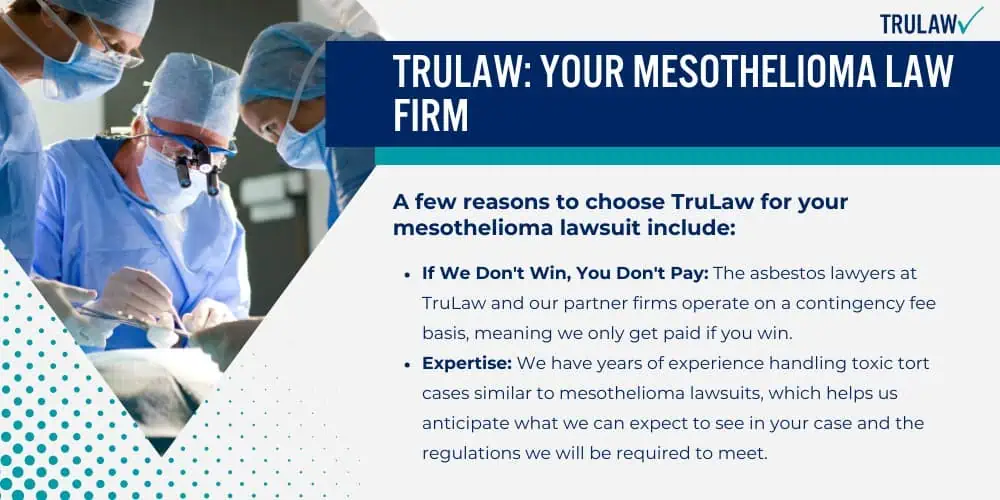Mesothelioma is a life-threatening cancer affecting the protective membranes surrounding vital organs.
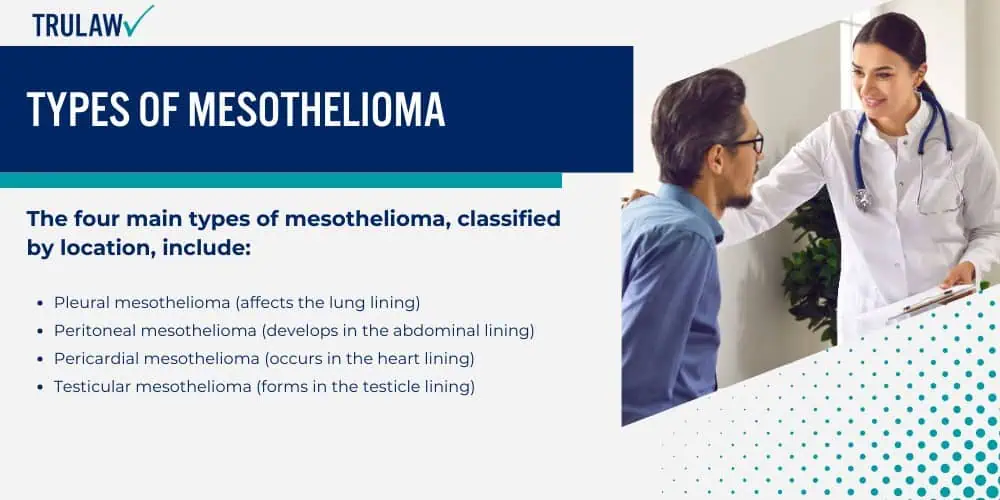
Approximately 3,000 new cases are diagnosed annually in the United States, each presenting unique diagnostic and treatment challenges.
The four main types of mesothelioma, classified by location, include:
- Pleural mesothelioma (affects the lung lining)
- Peritoneal mesothelioma (develops in the abdominal lining)
- Pericardial mesothelioma (occurs in the heart lining)
- Testicular mesothelioma (forms in the testicle lining)
According to the American Cancer Society, the location of mesothelioma significantly impacts both treatment options and survival rates.
For instance, peritoneal mesothelioma patients typically have better survival rates than those with pleural mesothelioma.
Early diagnosis and access to specialized treatment centers remain critical factors in patient outcomes.
Pleural Mesothelioma
Malignant pleural mesothelioma accounts for approximately 80% of all cases.
This devastating disease has a strong correlation with asbestos exposure, with symptoms typically appearing 20-50 years after initial contact.
The long latency often results in advanced-stage diagnosis, making early detection and swift medical intervention critical for improved outcomes.
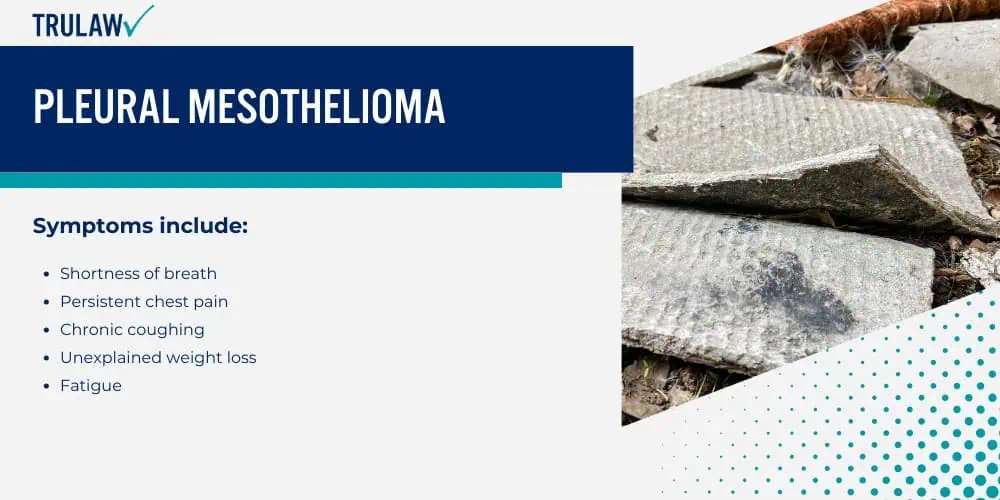
Common symptoms of pleural mesothelioma include:
- Persistent chest pain
- Shortness of breath
- Chronic coughing
- Unexplained weight loss
- Difficulty breathing
- Fatigue
- Night sweats
Recent clinical studies have shown significant advancements in treatment protocols, mainly through the integration of immunotherapy drugs like Opdivo and Yervoy, which received FDA approval in 2020.
These treatments, combined with traditional approaches like extrapleural pneumonectomy (EPP) or pleurectomy/decortication (P/D), have sometimes extended median survival rates by several months to years.
Additionally, specialized cancer centers now offer personalized treatment plans based on genetic testing and biomarker analysis.
Peritoneal Mesothelioma
Peritoneal mesothelioma represents 10-15% of cases and affects the peritoneum, which lines the abdominal cavity.
Research indicates that peritoneal mesothelioma patients often have better survival rates than those with other forms when treated with specialized therapies.
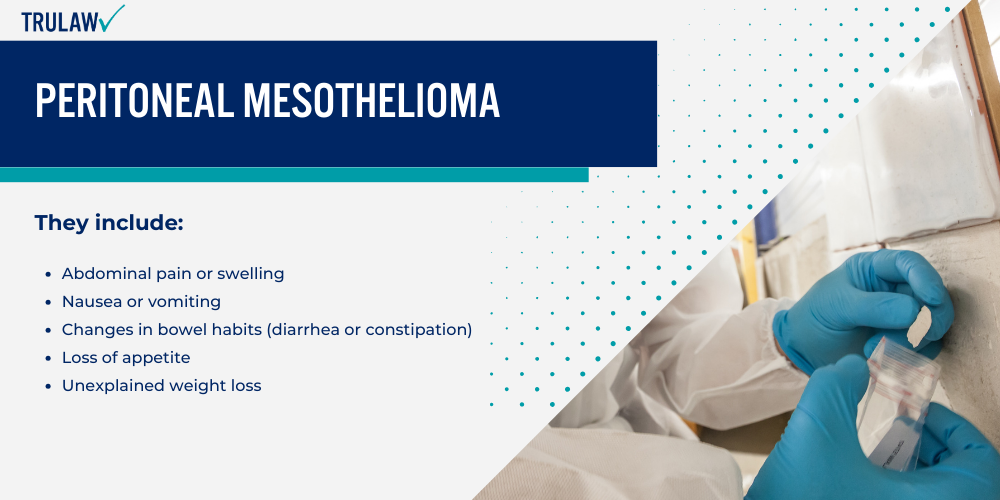
Key symptoms and characteristics include:
- Severe abdominal pain
- Abdominal swelling and bloating
- Nausea and vomiting
- Unexplained weight loss
- Changes in bowel habits
- Loss of appetite
- Fluid buildup in the abdomen
Clinical research published in the Annals of Surgical Oncology demonstrates that CRS-HIPEC combination therapy has revolutionized peritoneal mesothelioma treatment, with some specialized centers reporting median survival rates of up to 62 months.
This significant improvement is attributed to refined surgical techniques, optimized chemotherapy protocols, and better patient selection criteria.
Rare Types of Mesothelioma
Pericardial and testicular mesothelioma are extremely rare, accounting for less than 1% of all cases.
Due to their rarity and location, a limited number of documented cases make it difficult to establish standardized treatment protocols, though treatment advances continue through collaborative research efforts.
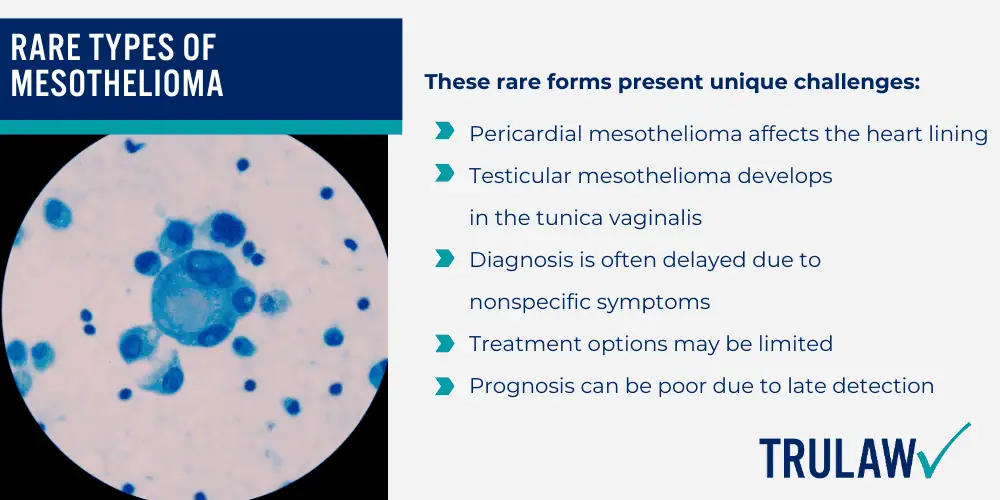
These rare forms present unique challenges:
- Pericardial mesothelioma affects the heart lining
- Testicular mesothelioma develops in the tunica vaginalis
- Diagnosis is often delayed due to nonspecific symptoms
- Treatment options may be limited
- Prognosis can be poor due to late detection
The National Cancer Institute’s Rare Cancer Network has established specialized research protocols for these uncommon variants.
Medical centers are developing novel therapeutic approaches through international collaboration, including targeted molecular therapies and innovative surgical techniques.
For instance, testicular mesothelioma patients who undergo early radical orchiectomy followed by adjuvant therapy have shown improved survival rates compared to historical outcomes.
Minimally invasive approaches for pericardial mesothelioma are currently being evaluated through clinical trials.
